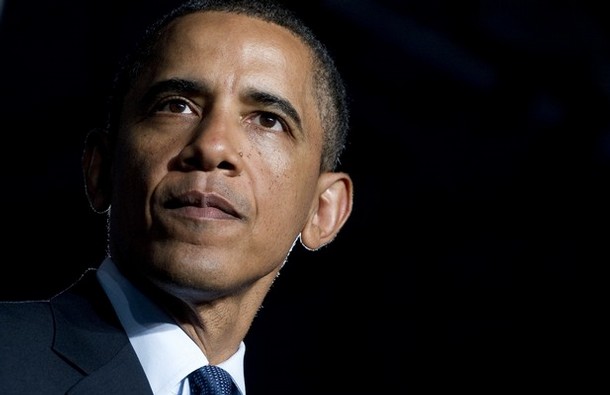
From Andrew J. Bacevich, the Los Angeles Times: At periodic intervals, the American body politic has shown a marked susceptibility to messianic fevers. Whenever an especially acute attack occurs, a sort of delirium ensues, manifesting itself in delusions of grandeur and demented behavior. . . .
In 1917, the fever suddenly returned. Amid wild ravings about waging a war to end war, Americans lurched off to France. This time the affliction passed quickly, although the course of treatment proved painful: confinement to the charnel house of the Western Front, followed by bitter medicine administered at Versailles.
The 1960s brought another bout (and yet more disappointment). An overwhelming urge to pay any price, bear any burden landed Americans in Vietnam. The fall of Saigon in 1975 seemed, for a brief interval, to inoculate the body politic against any further recurrence. Yet the salutary effects of this "Vietnam syndrome" proved fleeting. By the time the Cold War ended, Americans were running another temperature, their self-regard reaching impressive new heights.
Then came 9/11, and the fever simply soared off the charts. The messiah nation was really pissed and was going to fix things once and for all. . . .
Today, the post-9/11 fever finally shows signs of abating, though the sickness has by no means passed. Oddly, it lingers most strongly in the Obama White House, where a keenness to express American ideals by dropping bombs persists. . . .
In Washington, it’s no longer considered a sin to question American omnipotence. Take the case of Robert Gates. The outgoing secretary of Defense certainly restored a modicum of competence and accountability to the Pentagon. But the most enduring Gates legacy is likely to be found in his willingness, however belated, to acknowledge the limits of American power.
No one can charge Gates with being an isolationist or a national security wimp. So when he says anyone proposing another major land war in the Middle East "should have his head examined" — citing the authority of Douglas MacArthur, no less — people take notice. Or more recently there is this. "I’ve got a military that’s exhausted," Gates remarked. "Let’s just finish the wars we’re in and keep focused on that instead of signing up for other wars of choice." Someone should etch that into outer walls of the Pentagon’s E-ring.
Half a dozen years ago, "wars of choice" were all the rage in Washington. No more. Thank you, Mr. Secretary. . . .
Of course, at the first signs of self-restraint, you can always count on the likes of Sen. John McCain or the editorial board of the Wall Street Journal to decry (in McCain’s words) an "isolationist-withdrawal-lack-of-knowledge-of-history attitude." In such quarters, fever is a permanent condition, and it’s always 104 and rising. Yet it is a measure of how quickly things are changing that McCain himself, once deemed a source of straight talk, now comes across as a mere crank.
In this way, nearly a decade after our most recent descent into madness, does the possibility of recovery finally beckon.
Andrew J. Bacevich is professor of history and international relations at Boston University. His most recent book is "Washington Rules: America’s Path to Permanent War." A longer version of this piece appears at tomdispatch.com. (photo: Getty)
Image: getty%206%2028%2011%20Barack%20Obama.jpg
